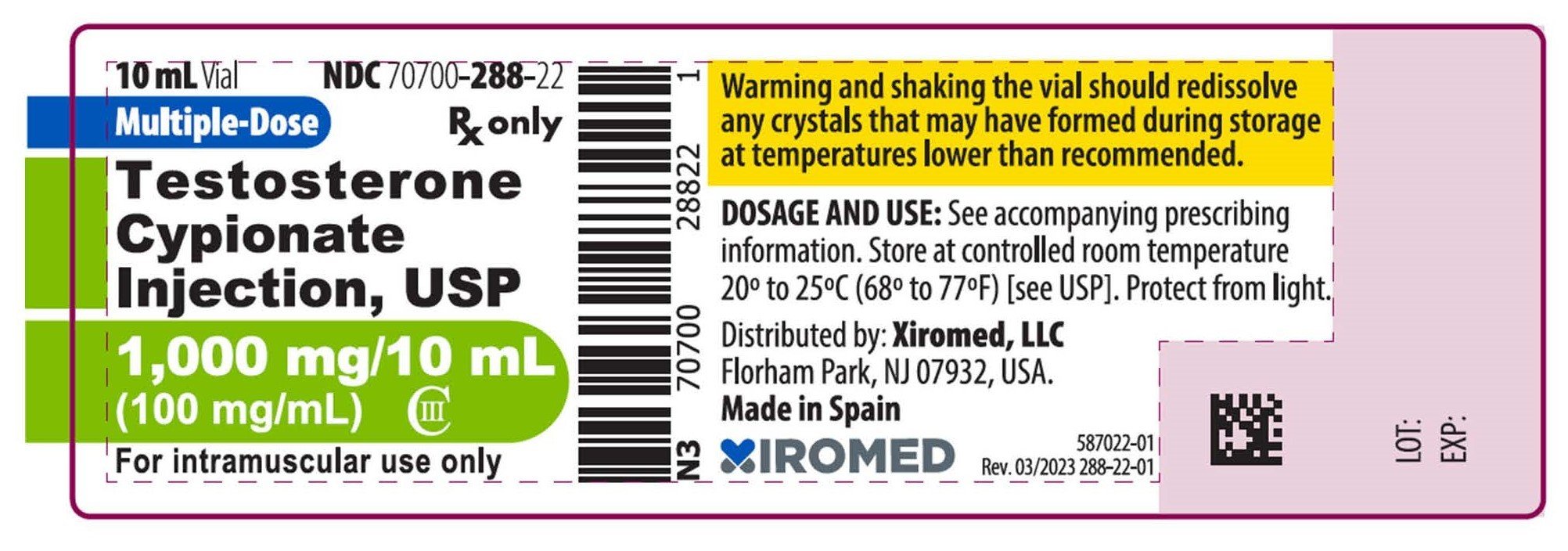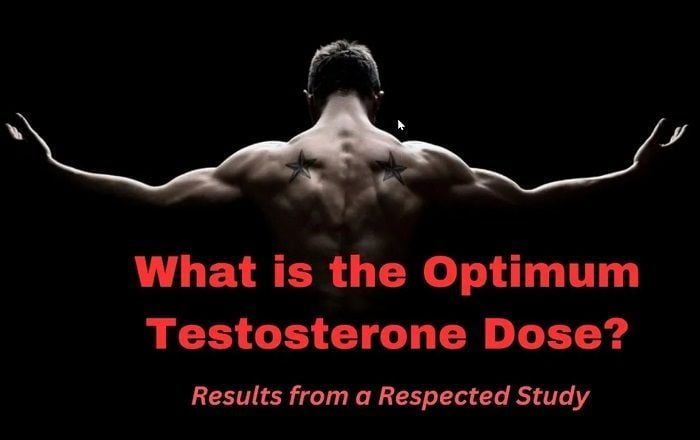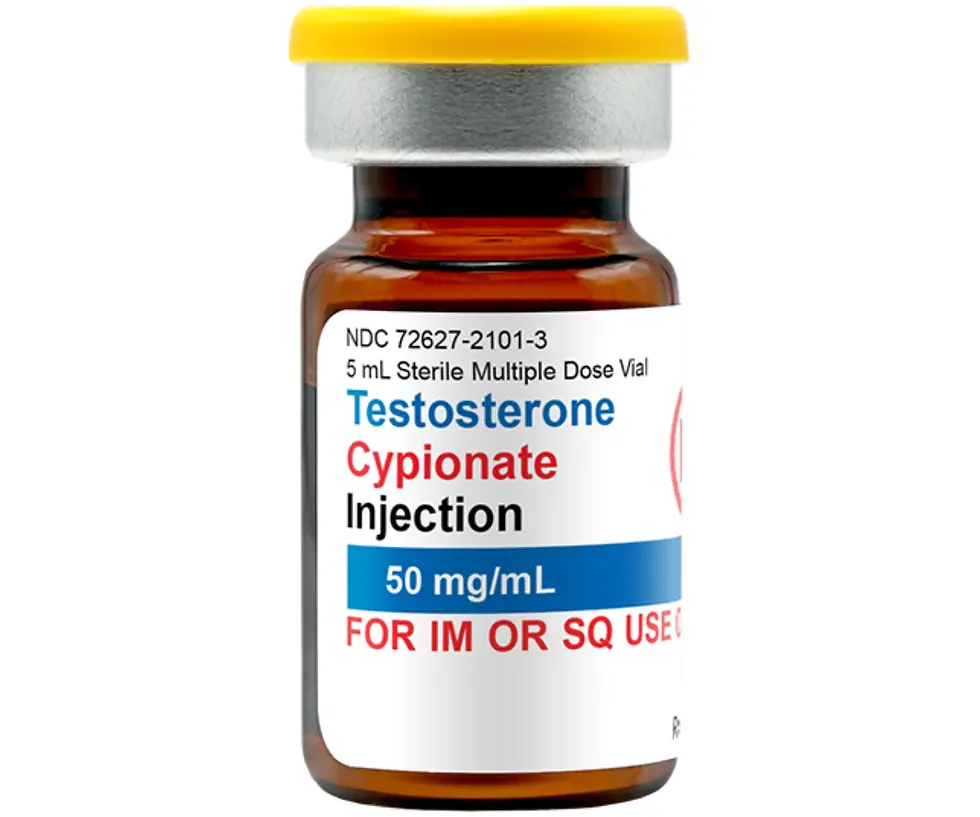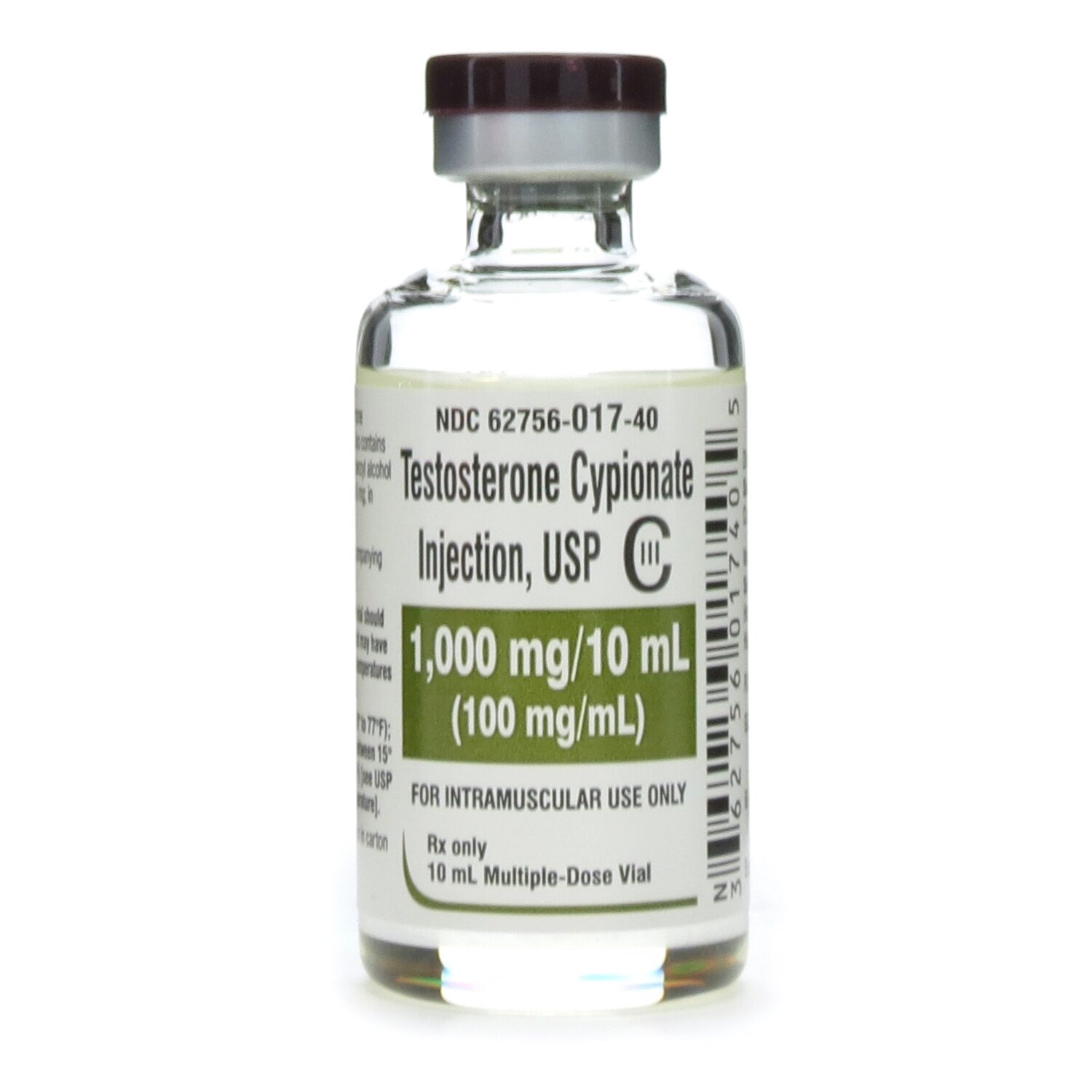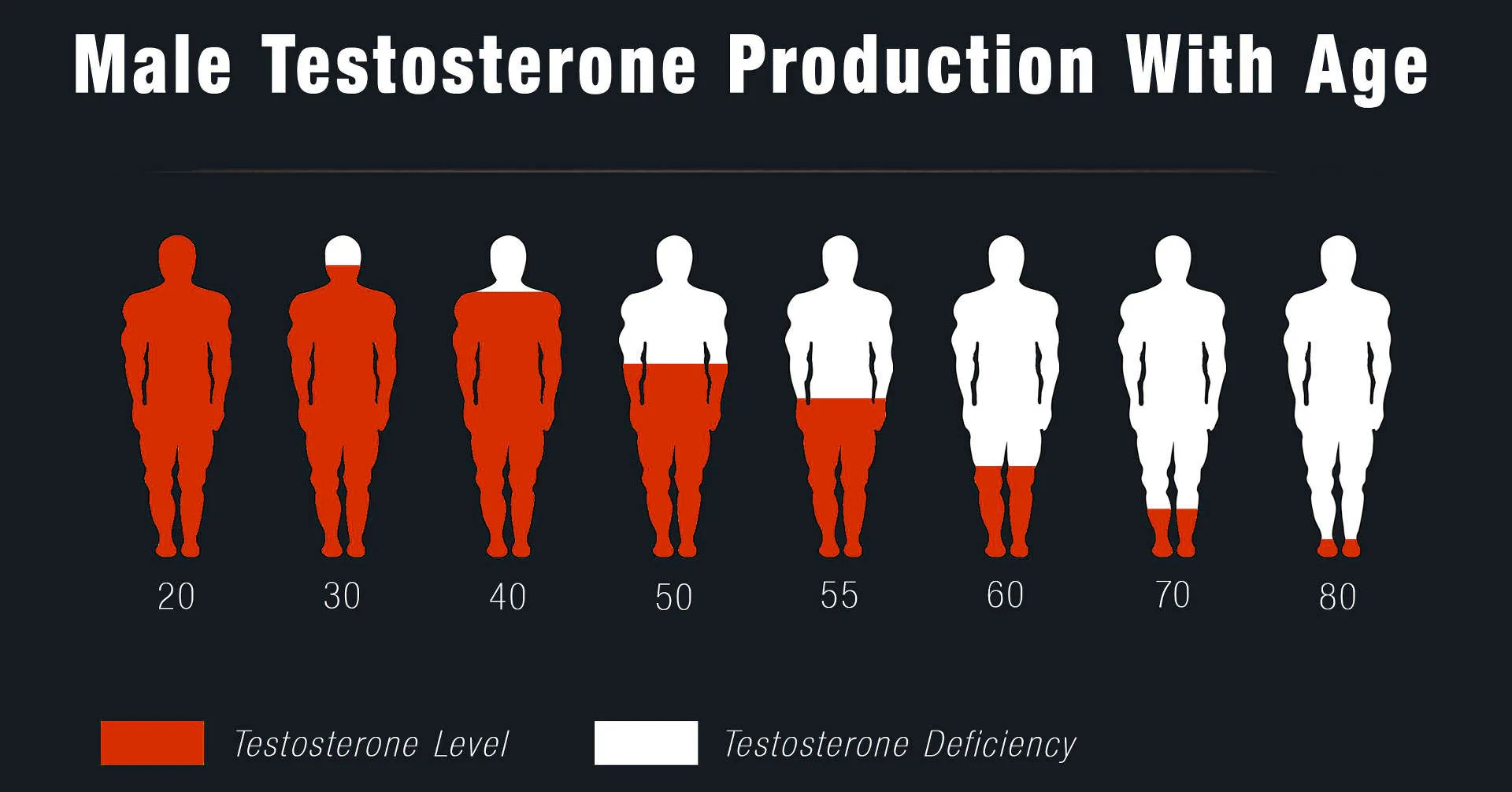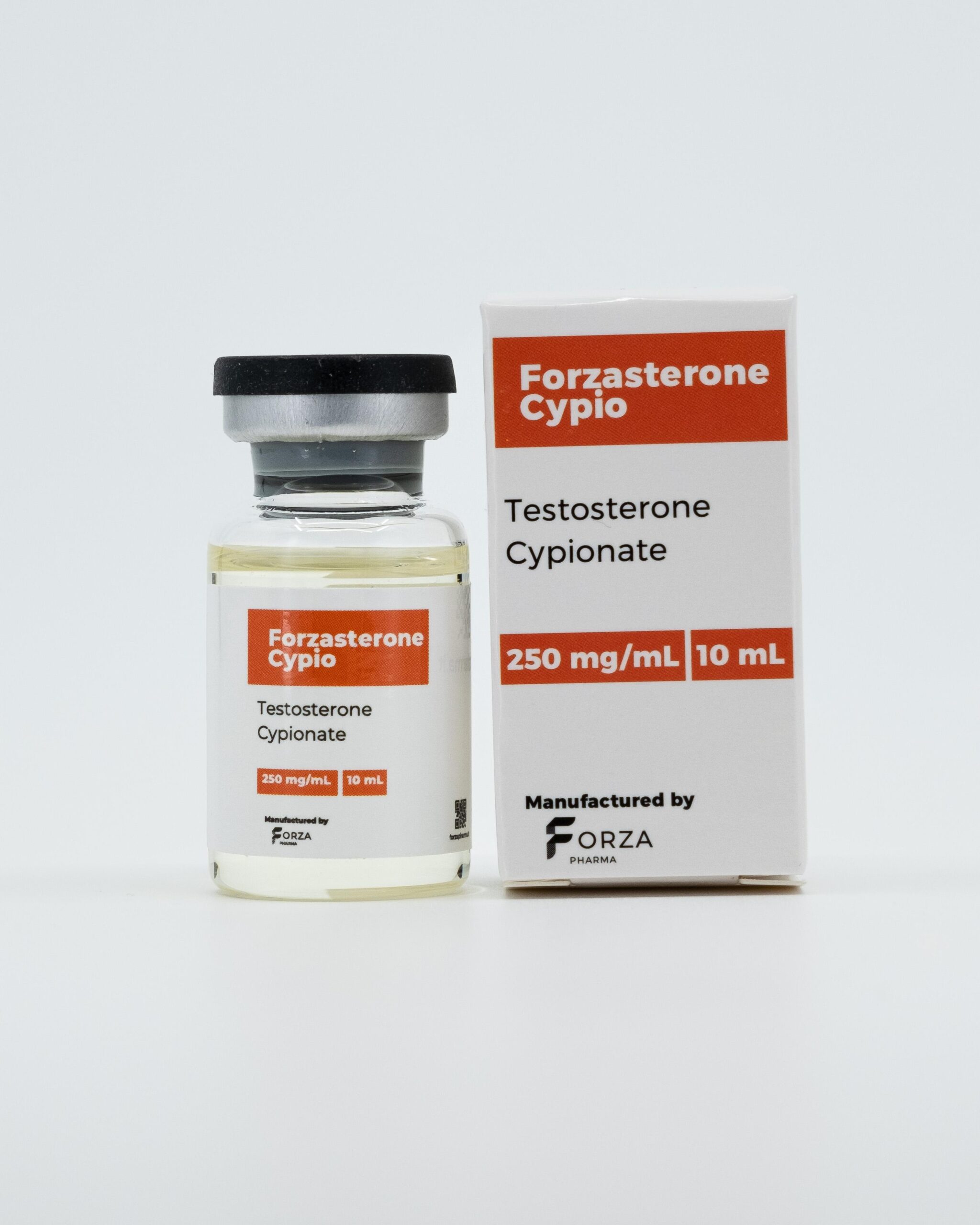100 Mg Testosterone Cypionate Per Week Results
The use of testosterone replacement therapy (TRT) continues to be a topic of discussion, particularly concerning dosage and its effects. A common protocol involves the administration of 100 mg of testosterone cypionate per week. This dosage is often prescribed to men experiencing symptoms of low testosterone, also known as hypogonadism.
This article explores the potential results of such a regimen, drawing upon available research and expert opinions. We aim to provide a balanced perspective on the outcomes, benefits, and potential risks associated with 100 mg of testosterone cypionate weekly.
Understanding Testosterone Cypionate and Its Use
Testosterone cypionate is an injectable form of testosterone. It is commonly used in TRT to address low testosterone levels. Low testosterone can lead to a variety of symptoms, including decreased libido, fatigue, muscle loss, and mood changes.
Treatment with testosterone cypionate aims to restore testosterone levels to a normal range. This is intended to alleviate these symptoms and improve overall quality of life. The 100 mg per week dosage is often considered a moderate starting point.
Potential Benefits and Reported Results
Numerous studies and patient reports suggest several potential benefits from TRT using 100 mg of testosterone cypionate per week. These reported benefits often include increased muscle mass and strength.
Many men also experience improvements in bone density and reduced body fat. Furthermore, improvements in energy levels, mood, and cognitive function are commonly reported by individuals on this TRT regimen.
Studies have shown that TRT can positively impact sexual function. This includes increased libido and improved erectile function in men with hypogonadism. The degree of improvement can vary depending on individual factors and pre-existing conditions.
Potential Risks and Side Effects
While TRT can offer significant benefits, it's essential to acknowledge the potential risks and side effects. One common side effect is an increase in red blood cell count (erythrocytosis).
This increase can potentially lead to thickening of the blood and an increased risk of blood clots. Other potential side effects include acne, oily skin, and breast enlargement (gynecomastia).
Some men may experience mood swings or irritability. There is also ongoing research investigating the potential impact of TRT on prostate health. Concerns about prostate enlargement and prostate cancer risks are frequently discussed in medical literature.
Monitoring and Management
Regular monitoring is crucial when undergoing TRT. This typically involves blood tests to assess testosterone levels, red blood cell count, and prostate-specific antigen (PSA) levels.
These tests help healthcare providers to adjust the dosage and manage any potential side effects. Managing side effects may involve adjusting the dosage of testosterone cypionate or using additional medications.
For example, aromatase inhibitors can be used to prevent estrogen conversion and reduce the risk of gynecomastia. The frequency of monitoring is typically determined by the individual's medical history and the specific TRT protocol.
The Role of Healthcare Professionals
It is essential to consult with a qualified healthcare professional before starting TRT. Self-treating with testosterone can be dangerous and may lead to adverse health outcomes.
A healthcare provider can conduct a thorough evaluation to determine if TRT is appropriate. They can also determine the appropriate dosage and monitoring schedule. They can also help mitigate potential risks.
The decision to start TRT should be made on a case-by-case basis. It requires careful consideration of the individual's medical history, symptoms, and personal preferences. Open communication with your healthcare provider is crucial for optimal outcomes.
Expert Opinions and Guidelines
Medical organizations like The Endocrine Society provide guidelines for the diagnosis and treatment of hypogonadism. These guidelines emphasize the importance of individualized treatment plans.
Many experts recommend starting with a conservative dosage of testosterone. Then, they increase the dosage as needed based on the individual's response and tolerance. Dr. Abraham Morgentaler, a leading expert in men's health, has emphasized the importance of careful monitoring and individualized treatment strategies.
It is important to note that guidelines and expert opinions may evolve as new research becomes available. Staying informed about the latest recommendations is vital for both patients and healthcare providers.
Conclusion
The use of 100 mg of testosterone cypionate per week can produce significant benefits for men with hypogonadism. This includes improved muscle mass, energy levels, and sexual function.
However, it is crucial to be aware of the potential risks and side effects. Regular monitoring and consultation with a healthcare professional are essential.
TRT should be approached as a personalized treatment plan. It needs to be tailored to the individual's specific needs and health status. This balanced approach can help maximize the benefits while minimizing potential risks.






